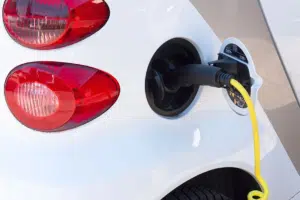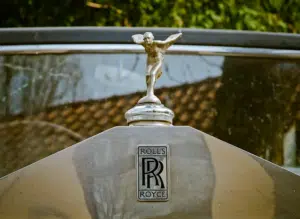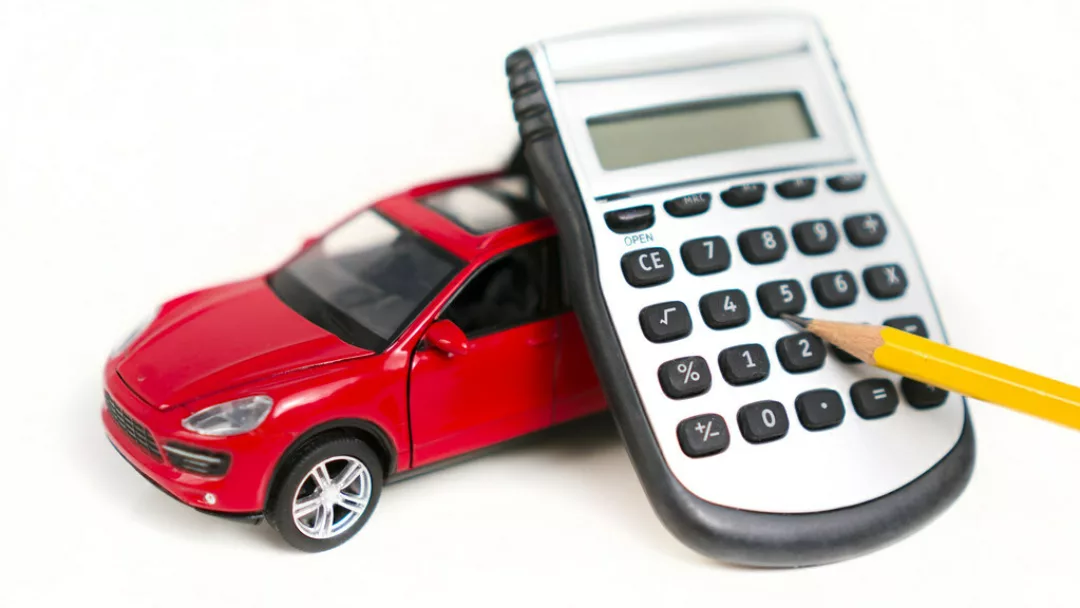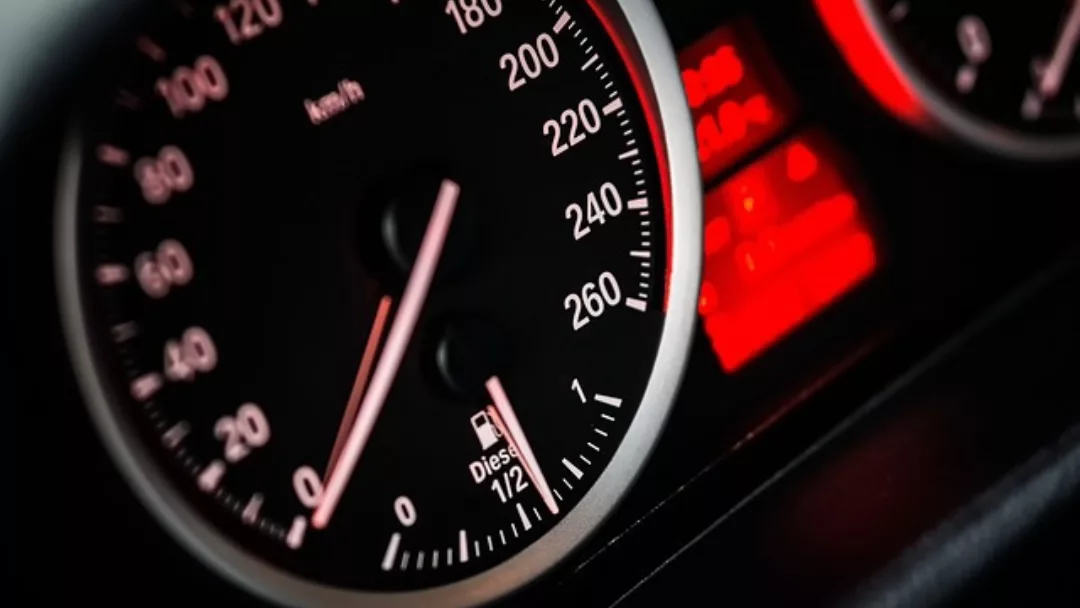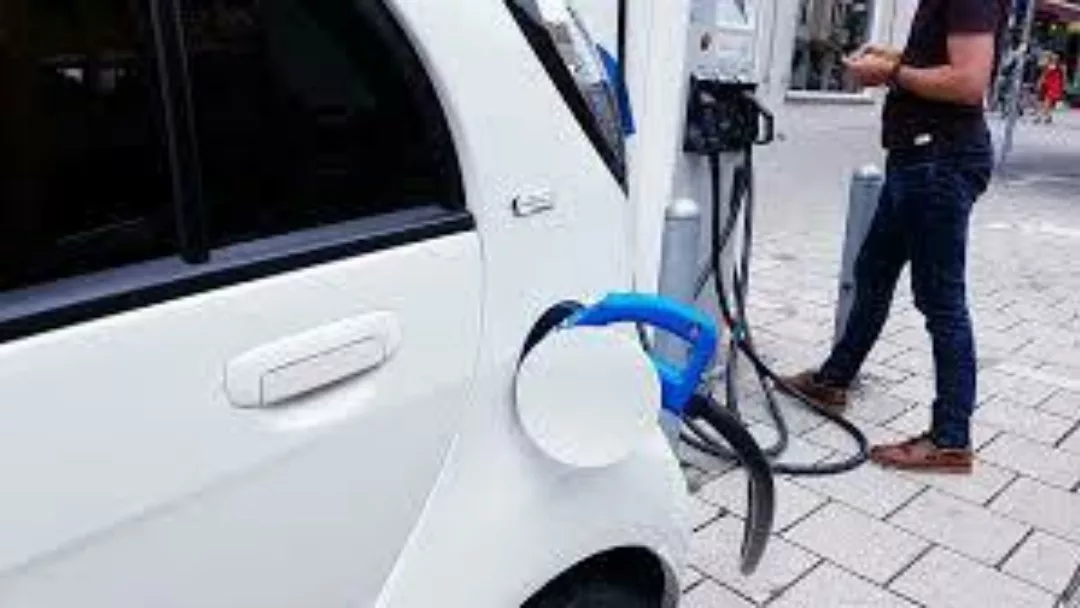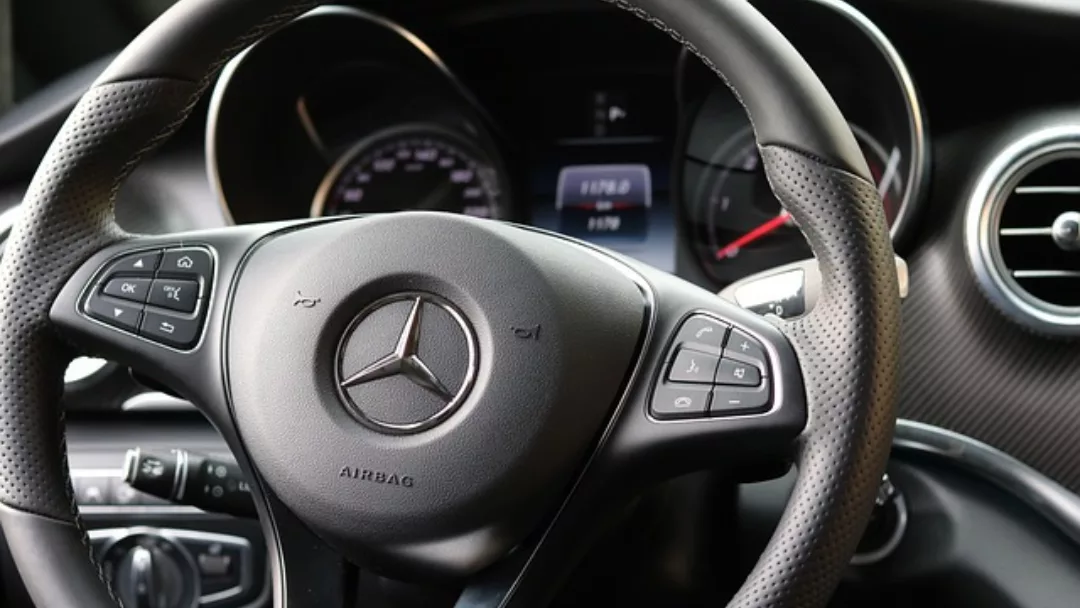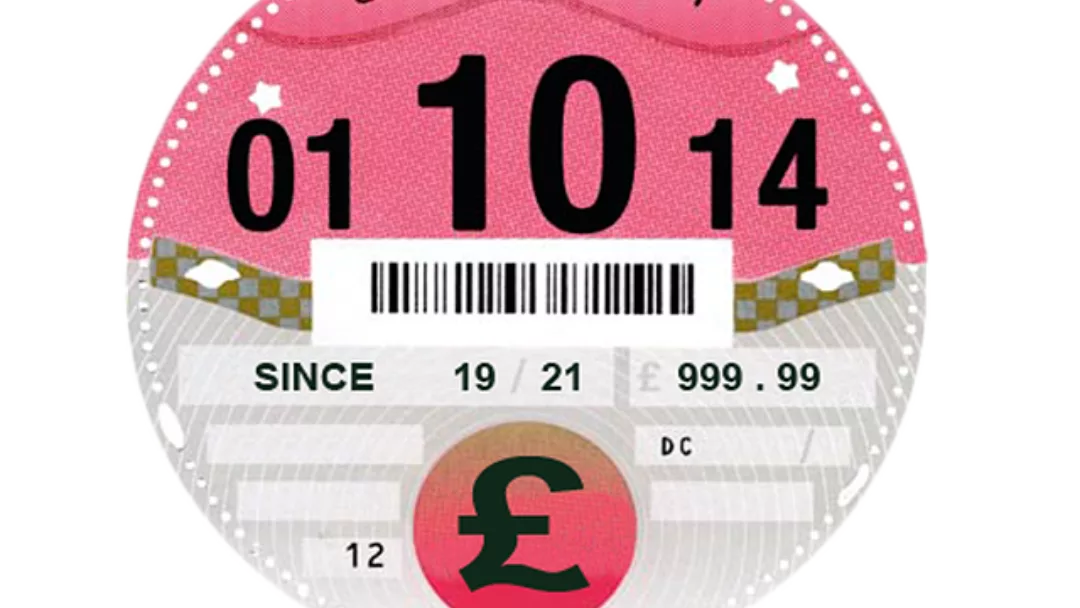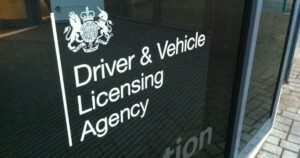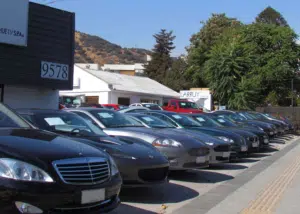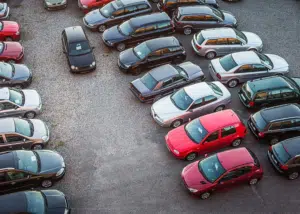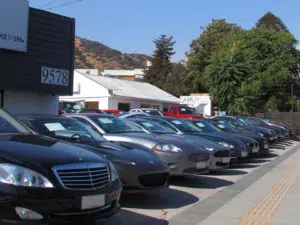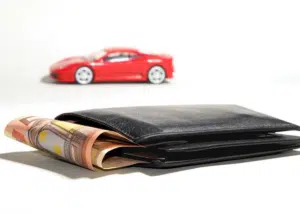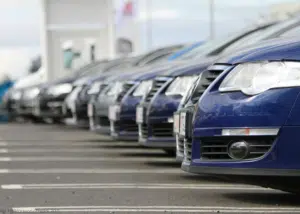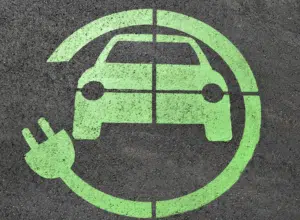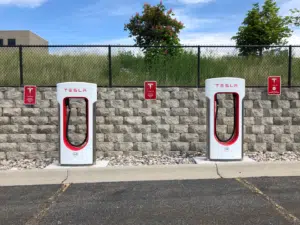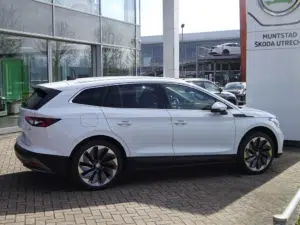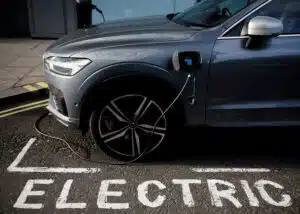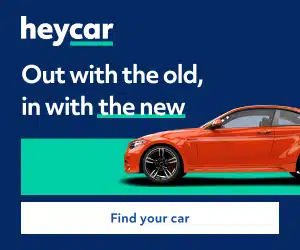Car Tax or Vehicle Excise Duty or VED as it’s officially called is something that tends to affect us all. Every year, the Chancellor announces changes that will affect us as drivers and this year is no different, as car tax is set to rise again in line with inflation of 10.1% from April 2023 for all cars, vans and motorcycle owners.
The Spring Budget 2023 earlier this month saw the announcement from the Chancellor stating that his budget was focused on “growth and breaking down barriers.” Taking effect from 1st April 2023 there will be an increase to car tax, but how much will your car tax be? How do you get a car with cheaper tax? What is a new car’s tax cost? Let’s find out right here how it will affect your pockets.
Vehicle tax rates for petrol and diesel cars from April 2023
From April 2023, petrol and diesel cars registered on or after 1 April 2017, will no longer pay £165, which is what the rate was for the 2022-2023 period, as it will be increased to £180 in 2023-24, according to AutoTrader. It will be £170 for hybrid cars and alternative fuel cars, and this is on the basis that you pay a single 12-month payment, as the rates could be a little higher if you choose to pay in instalments says Which.
For cars that cost more than £40,000 they will have to pay a £370 premium car tax, an increase from the £355 in 2022-2023. The VED range for all cars registered between 1 March 2001 and April 2017 is being increased from £20 – £630 in 2022-23 to £20 – £695 in 2023-24.
And finally, Vehicle Excise Duty for cars registered before 1st, 1 March 2001, will increase from £180 to £200 for 1549cc and below engine cars, and cars with an engine above 1549cc will now pay £325 in 2023-24 as opposed to 2022-23’s £295 tax rate, says AutoTrader.
Understanding the effect of the 2023-2024 budget on road tax
The amount of tax you pay will depend on your car’s CO2 emissions and the date it was first registered as mentioned above. The new tax year usually brings about a whole host of financial changes, from higher taxes, to a rise in household bills and also an increase in road tax.
The main thing to note about how the UK’s current road tax system works is that it is split into two main two rates for cars; the first tax rate and the standard rate. The first tax rate applies during a new car’s first year on the road, and this varies depending on how much carbon dioxide it emits, says Auto Express. After the first year, your car’s tax cost will be taxed on the standard rate, which is not affected by CO2 emissions but is determined by how much the car cost when it was new.
You have the option to either pay for your car tax via monthly direct debit or you can pay a one-off payment for the annual period. According to David Johnson, Director of Nationwide Vehicle Contracts, “The cheapest way to pay for car tax is to pay for the whole year upfront. If you want to pay by monthly Direct Debit, or for six months, be prepared to pay an extra 5% over the year.”
Paying monthly will cost you more in the long run due to the interest, but it’s a great option if you’re looking to spread your payments. The DVLA will automatically take your payments each month and you can pay car tax knowing that you won’t forget because it’s set up as an automatic direct debit.
One of the advantages of paying your car tax by direct debit is that the DVLA will continue taking the payments until you tell them to stop. It means that you’ll no longer need to remember to pay your road tax once a year, although you’ll still need to ensure that your car has a valid insurance cover and an MOT certificate if it’s over three years old.
Electric car rates before 1 April 2025
It turns out there is a way to be exempt from paying car tax rates for cars registered now; buy an electric car! All fully electric cars registered by 31 March 2025 are exempt from paying any road tax. After 2025, electric car owners will pay both a first-year rate, and then the standard rate that owners of petrol and diesel cars currently pay, says Which. As we know this is currently set at £180 but is likely to have increased by then in line with inflation no doubt.
This will be the first time that zero-emission cars will be charged Vehicle Excise Duty in 2025. The exemption for electric cars from the £40,000 premium car tax will also end, as the Chancellor of the Exchequer attempts to plug a predicted £30 billion VED hole that will be caused by the mass uptake of electric vehicles with zero road tax, says HeyCar.
While electric cars are a relative rarity at the minute, we can already see sales are growing quickly by the number of electric vehicles on the road and all the big manufacturers offer at least one electric model. By 2030, sales of petrol cars and diesel cars are to be banned. With electric cars being the way forward, who knows what the VED will be for electric cars registered from then on?
What’s the difference between car tax and road tax?
According to Which, road tax per se doesn’t exist, because car tax goes towards more than just the upkeep of roads. As mentioned above, the official name for it is Vehicle Excise Duty (VED), but when people search for it, it’s no surprise that people will often search for car/vehicle tax. The UK government website commonly refers to vehicle tax.
What happens if you don’t pay your car tax?
If you don’t pay your car road tax, whether you pay annual road tax or you pay monthly, you won’t get away with not paying your car tax payments for very long and you will initially receive a letter in the post along with an £80 fine (which would be halved if you pay within 33 days).
There’s no such thing as free car tax unless your vehicle is exempt or you currently have an electric vehiclWe we car buyers have to compreh UK car taxend, and if you continue not to pay the fine, it could rise to a hefty £1,000 (or five times the due car tax, whichever is greater) – plus court fees should it go to court. Although paying road tax on the current car tax rates might be a little too much at the moment with the current car tax bands, road tax costs aren’t going to get better anytime soon by the looks of it with this new spring budget.
Do you need a tax disc?
You’ll be pleased to know that since 1 October 2014, it was decided that a small circle of paper in your windscreen was no longer necessary, and its abolition made the whole system cheaper to run, according to Auto Express. After 93 years, this was great, but sadly this didn’t result in the end of the annual car tax.
However, this does have some implications for buying and selling new cars. For example, if you’re buying a used car, you can no longer transfer any remaining car tax, so you need to tax the car before you can use it. If you’re selling a car, you will get an automatic road tax refund for any remaining car tax – as long as you have notified the DVLA of the sale.
The way that the current road tax system is set up means that it is tougher for road users to avoid paying road tax. Thanks to number-plate recognition cameras, authorities can now use this type of equipment to determine whether or not a vehicle has been taxed.
If you’re forgetful and you don’t know when your tax is coming to an end, that’s ok because the DVLA will send you a reminder when your road tax is up for renewal. It would be best if you had plenty of time to continue to pay your current road tax and look at your renewal rate.




















